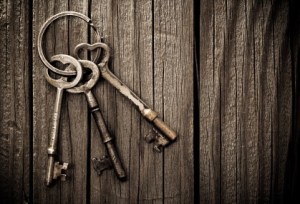
It would seem to be a very human thing, to seek to grow, to strive, to learn, to somehow be bigger.
I’m not aware that other animals do this. They seem content to find food, water, shelter, to survive and maybe to indulge in what Sheldon from the Big Bang Theory might call ‘coitus’ – for the purpose of reproduction and survival of the species you understand.
So why do we seek more? Our desire to learn new things, have new experiences, achieve more, to get better at something, even to master it, seems to be an invisible force driving us on.
I’m not suggesting this is a bad thing. I like to learn or do something new as much as the next person. I’m curious though about the unending drive, and some of its consequences.
Where does contentment fit in? Can we ever be content? At peace with what is?
The drive for growth seems to fuel our desire to work harder, earn more, so that we can fund more growth, so that we can own more. Try snowboarding. Walk to Machu Picchu. Learn the piano. See the latest 3D movie on our 4K television. It seems to make us restless. I wonder how that tips over into other parts of our lives, impacting our relationships, our families, our work and our personal happiness?
Organisations for example – merely complex social systems of people – seem obsessed with growth. Is that even possible? Can they all grow inexorably? Are there enough global resources, is there endless demand, sufficient money in the system, enough personal drive for growth…?
In organisations we are encouraged to have goals, to strive to better ourselves and to do better. Encouraged to learn, become more skilled, more flexible, more agile. We are told to aspire, to seek promotion, betterment. It creates a sense of failure, if we don’t achieve.
It’s not very many years ago, our forefathers would have been bemused by this. They worked to live. Nothing more.
So what would happen if we sought growth less? Not abandoned it – it provides motivation, provides us with purpose in our lives. But … what would happen if we balanced this with contentment?
What if organisations equally rewarded contentment? Not complacency, but a general state of contented happiness? A ‘Bhutan-esque’ Gross National Happiness measure?
Maybe growth is a human condition?
I see some benefits.
But I also see a lack of contentment in our world.
Time for better balance I wonder?
Deviant art photograph by: RickHaigh









